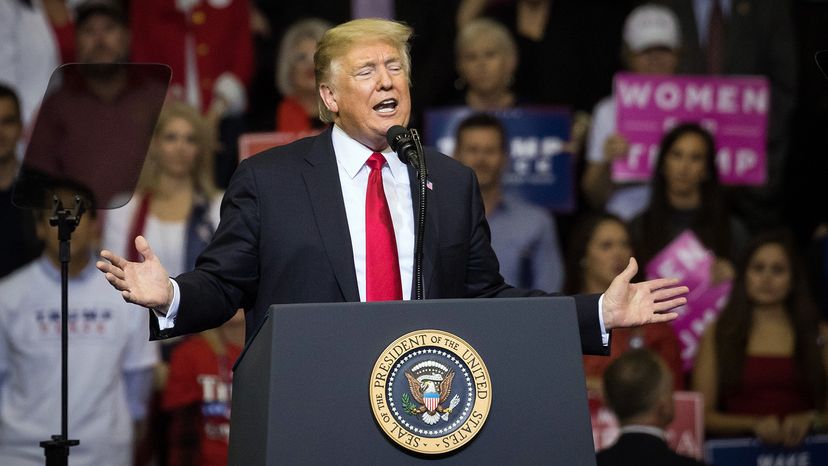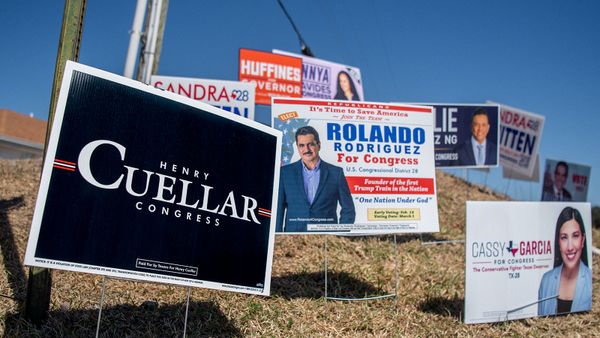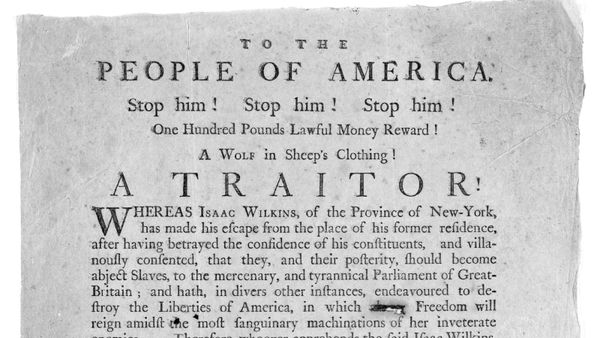According to the gaspers and Trump bashers, the call to nationalism doesn't mean "America First" as much as it means "Trump's Way." The specific word "nationalism," some critics say, is a call to voters who are "white nationalists" or support strict agendas that exclude all sorts of traditionally non-American groups, recent immigrants, people of color, LGBTQ people and others.
Still, it's important to note that even some of Trump's harshest critics are a little reluctant to go that far.
"I don't think nationalism is just a code word for 'white people,'" Jeffrey Toobin, a lawyer, author and CNN commentator, said on the Situation Room with Wolf Blitzer. "Look, [Trump] does so much actual racism, I think we should criticize him for his actual racism rather than what I think is an unfair criticism for this ..."
The term "nationalism" often is linked to race and ethnicity, Citrin points out, because that's how nations are built.
"Once you say, 'OK, we are nation' ... what is the basis of that nation? Who is in, who is out?" he says. "In the modern world, it becomes a real contentious issue; who belongs and what is the fundamental basis of the nation? Is it ethnic — Protestant, white, whatever — or is it civic, in which anyone can belong?
"Every time there has been a new wave of immigration, there's been this conflict of 'who are we?'. To some degree, Trump with his rhetoric, has blown up the issue: Is America really a nation that absorbs all sorts of people from different backgrounds?"
Another problem some see with Trump's brand of nationalism is that, instead of exporting American values and ennobling the rest of the world, as Roosevelt imagined, it threatens to leave the U.S. isolated. From The Washington Post earlier this year:
Foreign-policy players, however, say they see something different now: A disorderly U.S. transformation from a global leader working with partners to try to shape the world to an inwardly focused superpower that defines its international role more narrowly. The Trump administration has emphasized counterterrorism and American economic advantage in its foreign policy, while downgrading such traditional U.S. priorities as promoting human rights, democracy and international development.
Maybe at the root of the problem is that, despite Merriam-Webster's best intentions, the term "nationalism" has multiple definitions and multiple connotations. It's linked, Citrin says, to the idea that all countries have a right to self-determination; the right to be what they want to be.
"Nationalism is a kind of ideology, a body of argument on ideas of what defines a nation, who's in and who's out and what a nation means," he says.
In that definition, most Americans are nationalists. We simply disagree on what kind of a nation we are, and what we should be.


